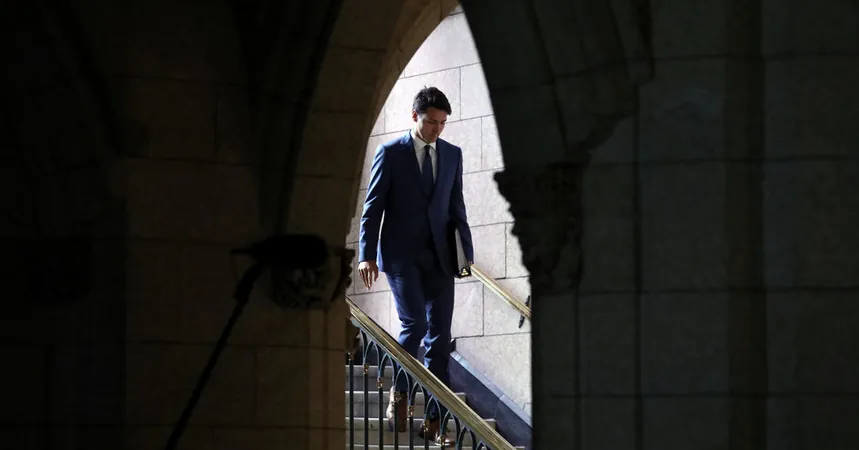
From Political Darling to Polarizing Figure: Justin Trudeau’s Tumultuous Tenure
2024-12-21
Author: Charlotte
Once celebrated as a global political icon, Canada’s Prime Minister Justin Trudeau now finds himself grappling with a remarkable decline in public sentiment, reminiscent of the early days of ‘Trudeau-mania’ that once swept the nation. Emerging onto the international stage in 2015 with a platform built on progressive values, Trudeau quickly gained a reputation as a champion for feminism, environmental issues, and the rights of refugees and Indigenous peoples. However, a decade later, that image has been tarnished amid a series of controversies and growing discontent among voters.
Trudeau's initial rise was characterized by moments that captivated Canadians and the world alike, such as his historic decision to form a gender-balanced cabinet and his heartfelt welcome to Syrian refugees during a time of rising anti-immigrant sentiment in the U.S. under President Trump. “To those fleeing persecution, terror & war, Canadians will welcome you,” Trudeau famously tweeted, solidifying his reputation as a progressive leader.
Yet, the gloss quickly faded. The scandals that surfaced by 2017, including a lavish vacation and troubling instances of him wearing blackface in earlier years, marked the beginning of a steep decline in public support. This trend continued through the COVID-19 pandemic, where his administration's restrictive measures prompted strong backlash, culminating in protests and the disruption known as the Freedom Convoy that brought Ottawa to a standstill.
The ramifications of these controversies have transformed Trudeau’s once-dominant Liberal Party into a minority government reliant on leftward alliances — a situation that has deteriorated with recent political shifts. Polls now show the Liberals trailing the Conservative Party by a staggering 25 points, sparking intense speculation about Trudeau’s future leadership amid calls for change.
As Trudeau’s approval ratings dwindle, his recent personal challenges, including his separation from his wife of nearly two decades, have not helped his standing. Political analysts are suggesting that he may either call for an election that could further diminish his party’s influence or step aside for a new leader to take on the growing Conservative challenge.
Trudeau's decline at home has coincided with significant global shifts in politics, as leaders around the world veer to the right amid economic hardships. Canada is no different, facing rampant inflation and an affordability crisis that has citizens increasingly disillusioned with political elites. The escalating crisis has even resulted in the resignation of key allies and ministers within his administration, further complicating his leadership.
With elections mandated by October 2025, and pressure mounting from both political allies and citizens, Trudeau finds himself at a crossroads reminiscent of his father's tenure. “Sometimes, we have fights around the holidays,” Trudeau remarked, referring to recent tensions in his party, which seem to echo the fraught moments of political upheaval experienced by Pierre Elliott Trudeau in the past.
As calls intensify for him to reconsider his role, commentators recall the winter walk his father took in 1984 — a decision that ultimately led to resignation. Now, amid growing unpopularity and rising expectations for change, Justin Trudeau must decide whether his time as Canada’s leader has come to a natural end or if he can leverage the holidays to rediscover a path forward for his party and his legacy.
This transition represents not just a pivotal moment for Trudeau but also for a country at a crossroads, where political identity and social cohesion hang in the balance. The question remains: will Trudeau reclaim his legacy, or is it time to hand over the reins for a fresh vision?
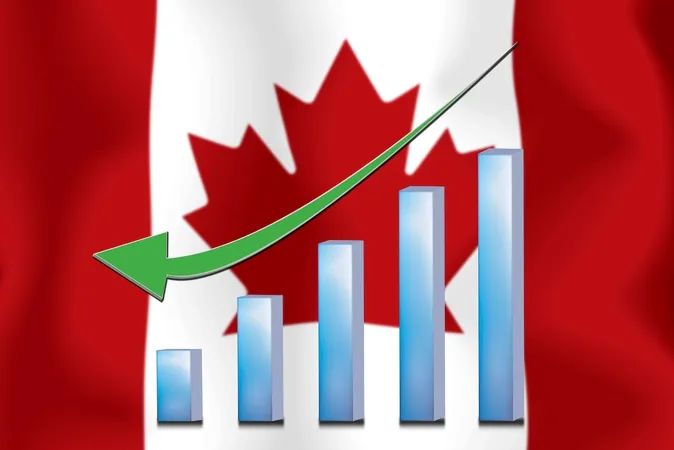
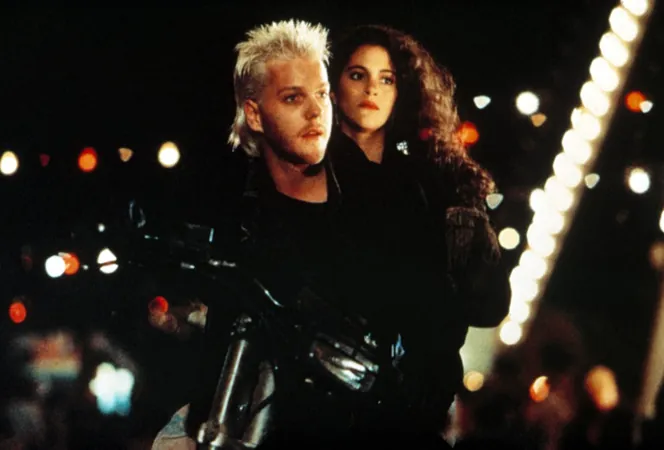

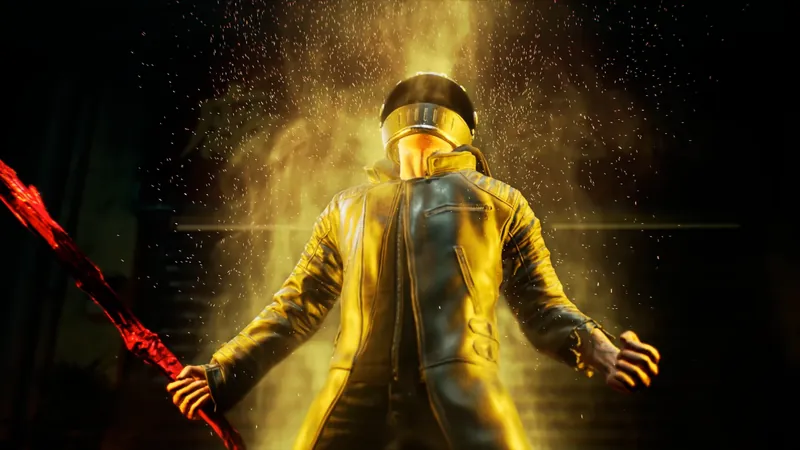
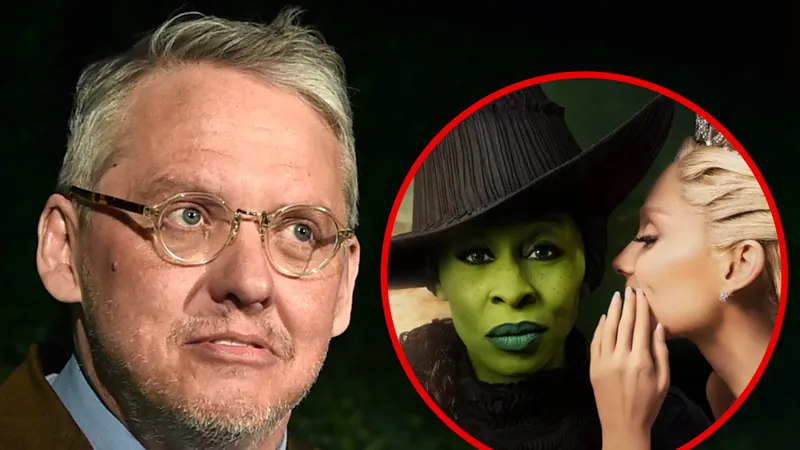
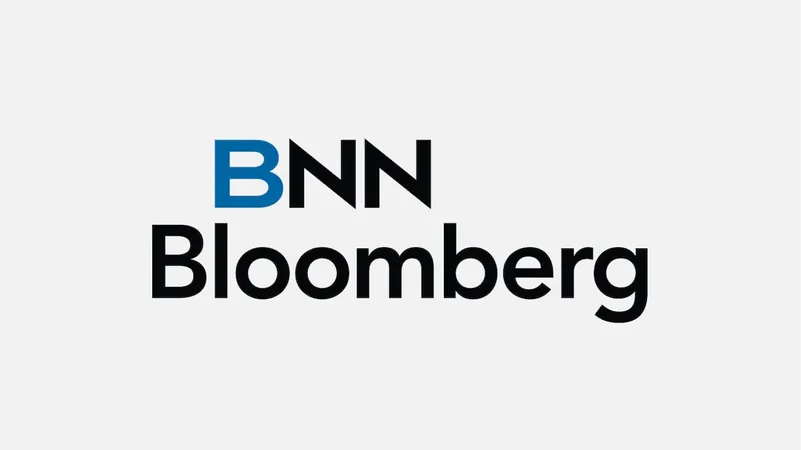
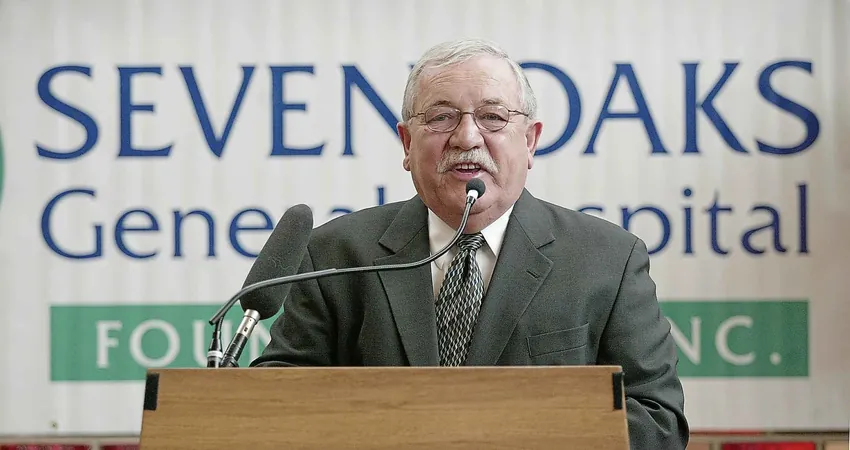


 Brasil (PT)
Brasil (PT)
 Canada (EN)
Canada (EN)
 Chile (ES)
Chile (ES)
 España (ES)
España (ES)
 France (FR)
France (FR)
 Hong Kong (EN)
Hong Kong (EN)
 Italia (IT)
Italia (IT)
 日本 (JA)
日本 (JA)
 Magyarország (HU)
Magyarország (HU)
 Norge (NO)
Norge (NO)
 Polska (PL)
Polska (PL)
 Schweiz (DE)
Schweiz (DE)
 Singapore (EN)
Singapore (EN)
 Sverige (SV)
Sverige (SV)
 Suomi (FI)
Suomi (FI)
 Türkiye (TR)
Türkiye (TR)